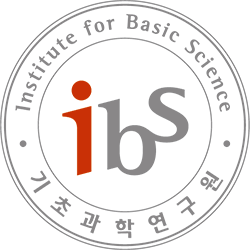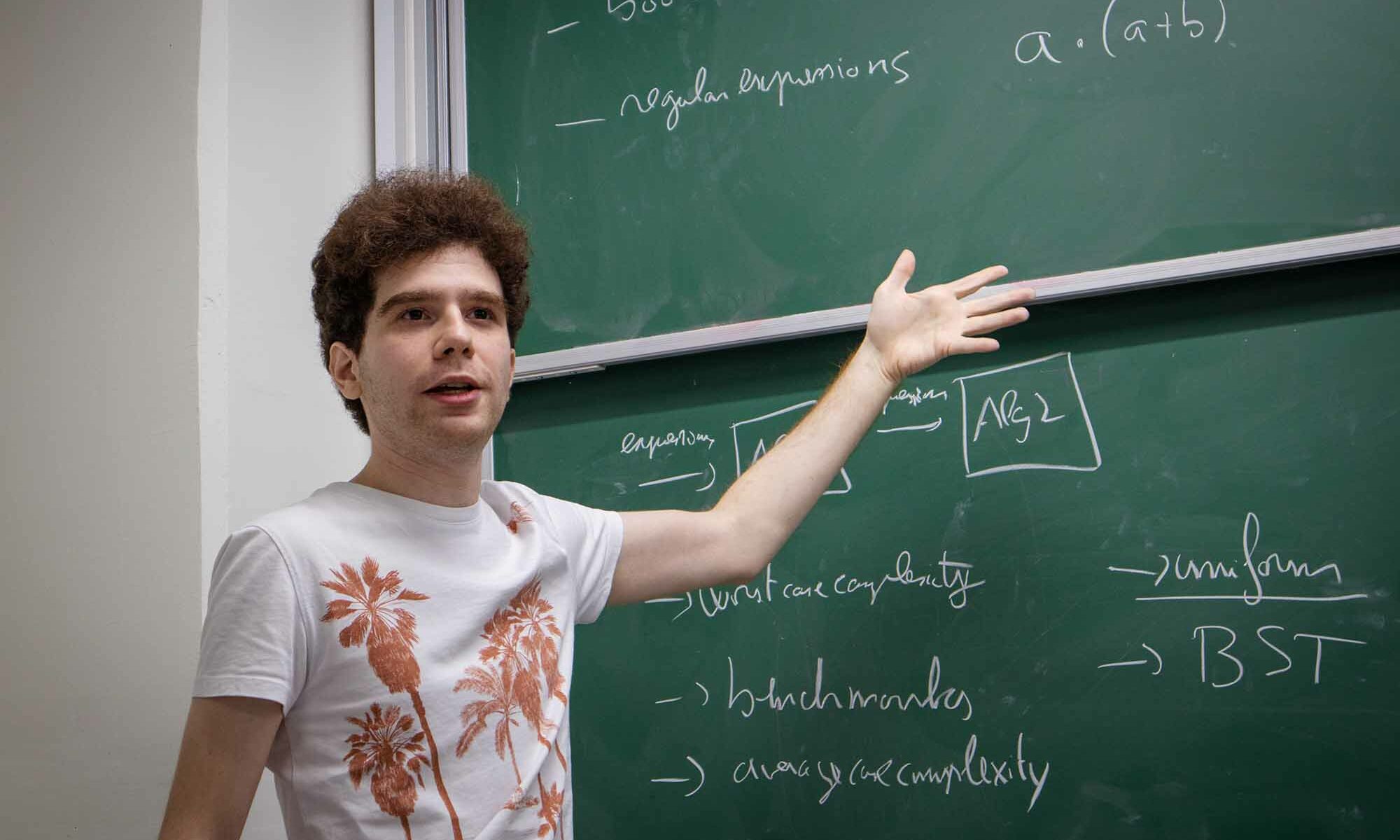On October 18, 2022, Florent Koechlin from LORIA, INRIA, France gave a talk at the Discrete Math Seminar on the reducibility of uniformly random expressions. The title of his talk was “Uniform random expressions lack expressivity“.
Florent Koechlin, Uniform random expressions lack expressivity
In computer science, random expressions are commonly used to analyze algorithms, either to study their average complexity, or to generate benchmarks to test them experimentally. In general, these approaches only consider the expressions as purely syntactic trees, and completely ignore their semantics — i.e. the mathematical object represented by the expression.
However, two different expressions can be equivalent (for example “0*(x+y)” and “0” represent the same expression, the null expression). Can these redundancies question the relevance of the analyses and tests that do not take into account the semantics of the expressions?
I will present how the uniform distribution over syntactic expression becomes completely degenerate when we start taking into account their semantics, in a very simple but common case where there is an absorbing element. If time permits it, I will briefly explain why the BST distribution offers more hope.
This is a joint work with Cyril Nicaud and Pablo Rotondo.


